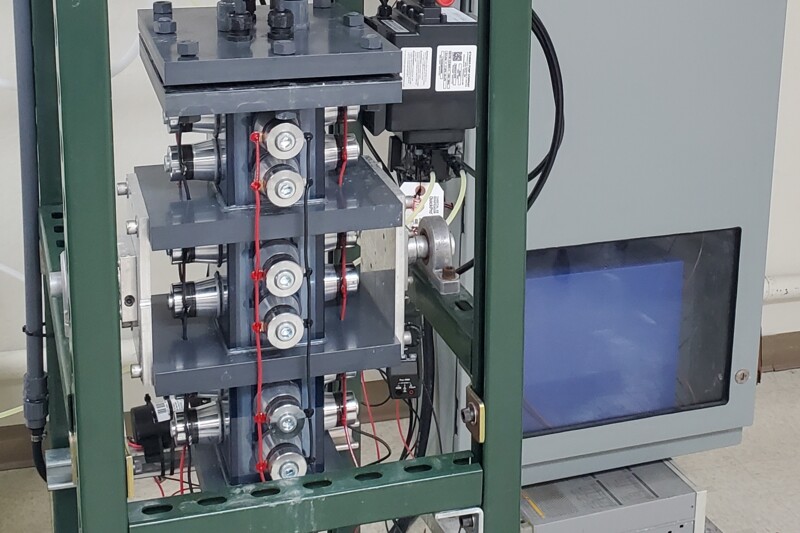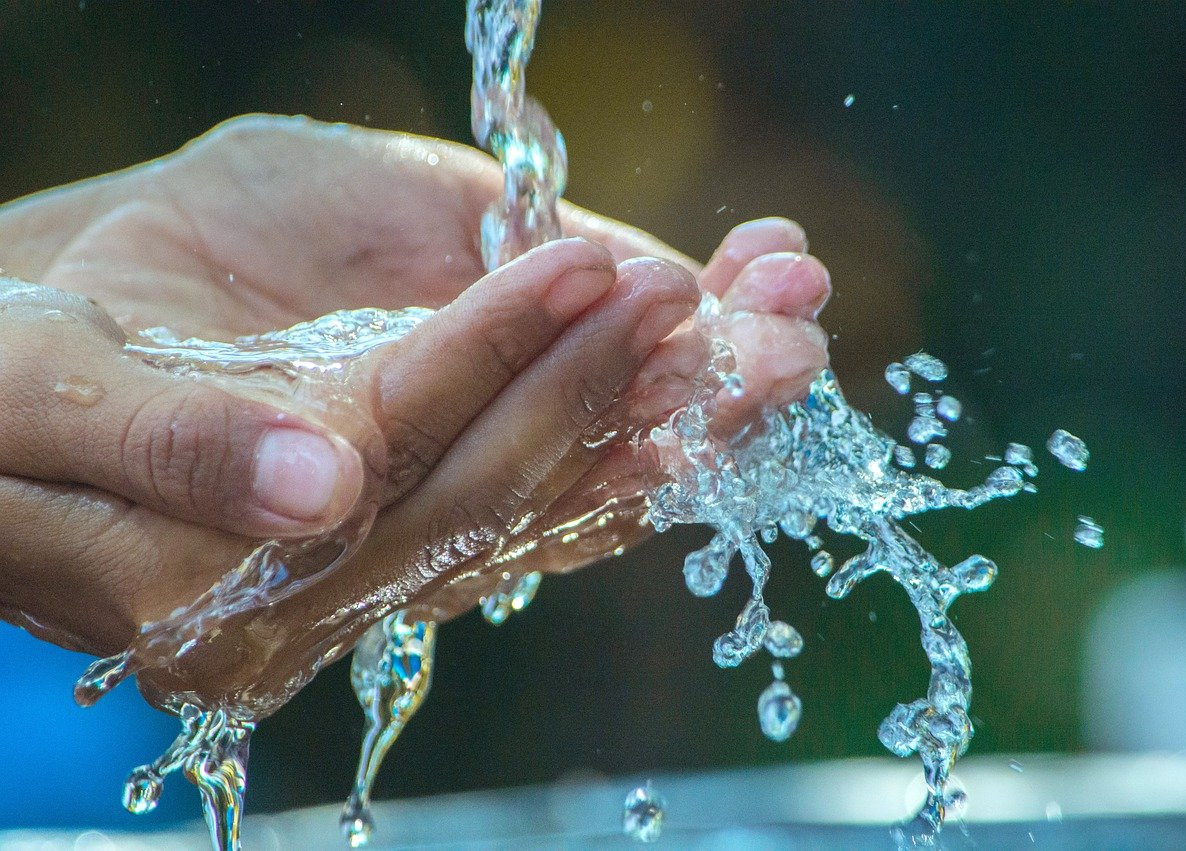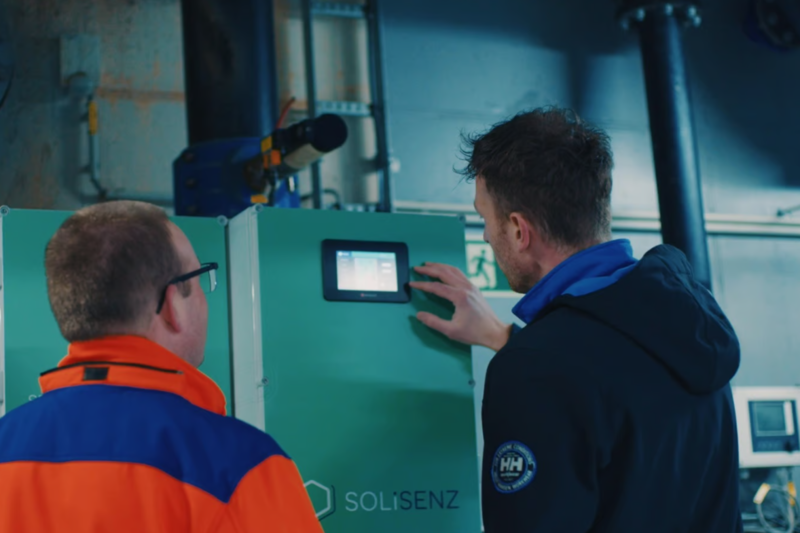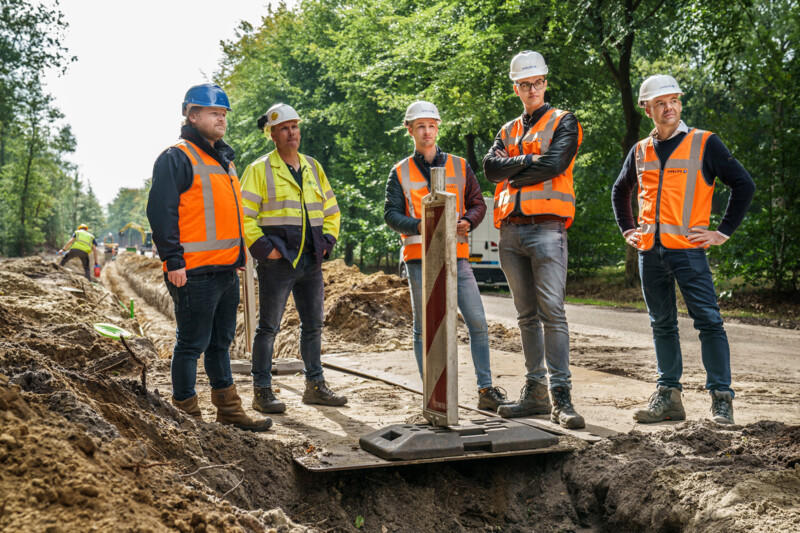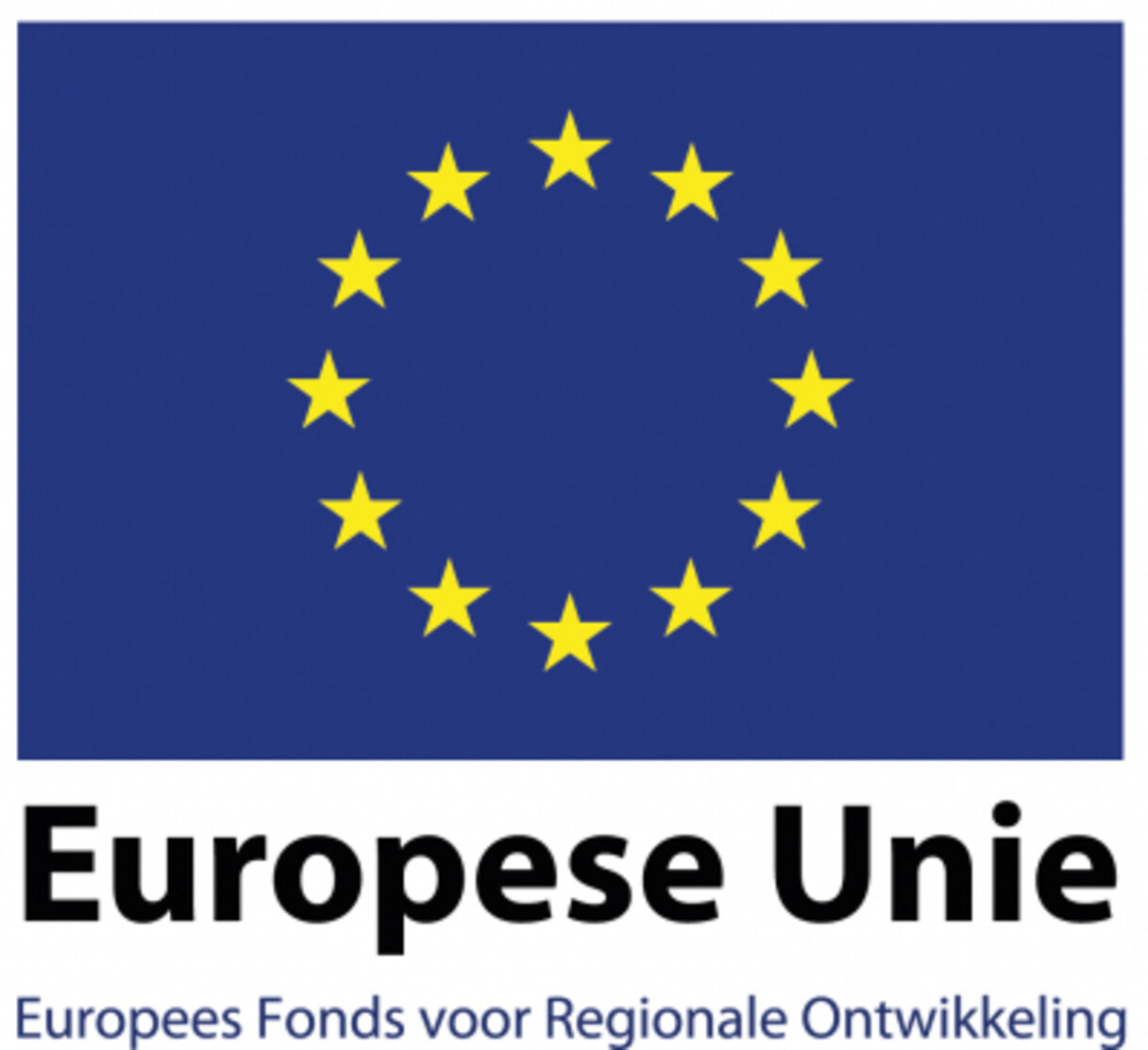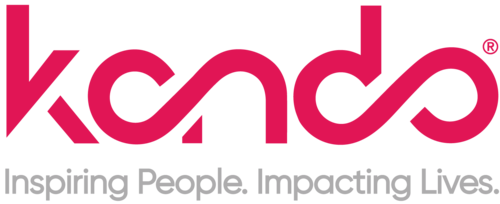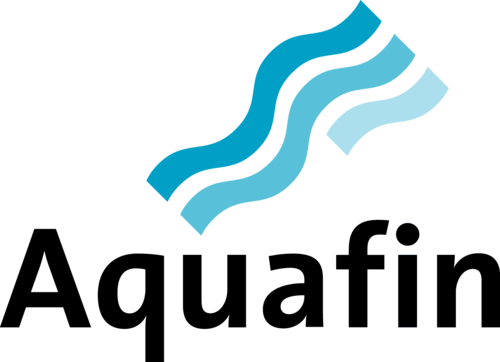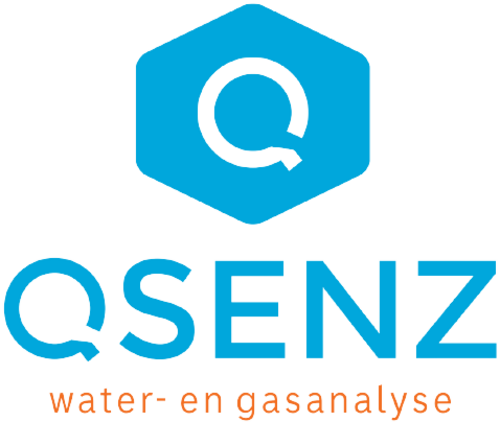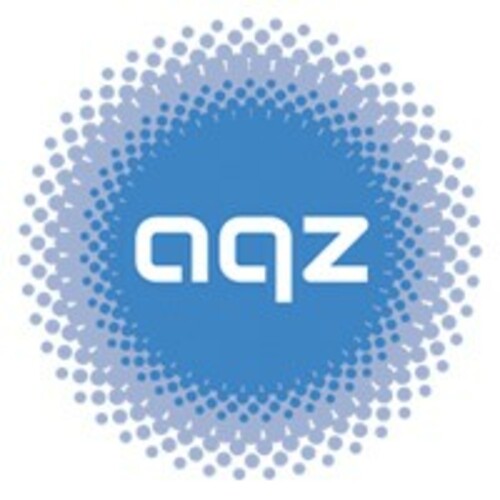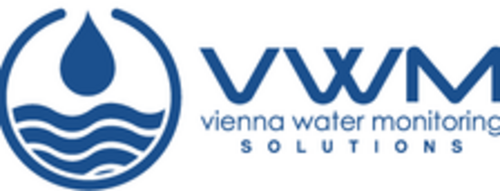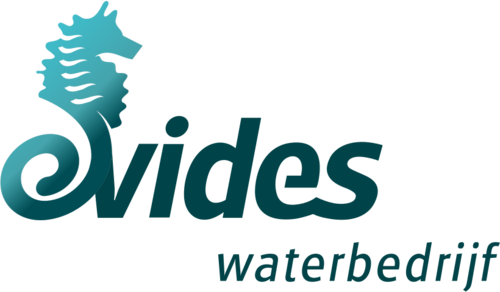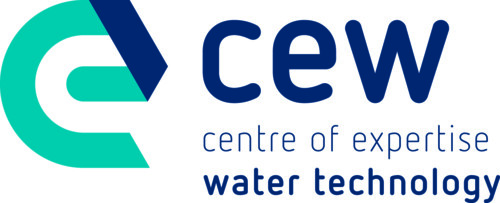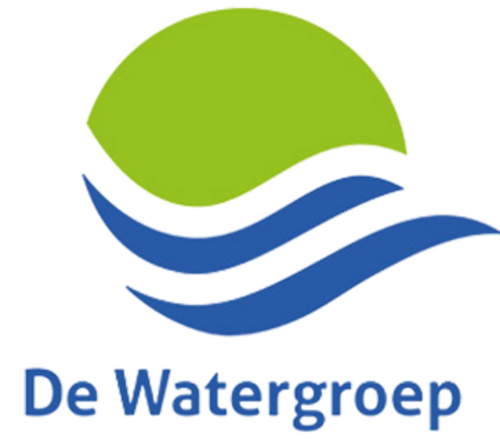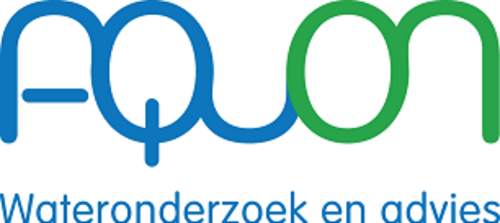A decision-support tool to increase sustainability and water quality and reduce the operational costs of WWTPs
The Dutch water boards are fully engaged in the energy transition and making efforts to meet climate objectives as agreed with the Dutch national government and derived from the International Paris Climate Agreement; there is a strong commitment to deploying renewable energy sources.
The switch to renewable energy has so far been effective in reducing the carbon footprint of the Water Boards, but ultimately a reduction in actual energy consumption is the most sustainable. In addition, stricter quality requirements are increasingly being set for the effluent from WWTPs, in particular in relation to pharmaceuticals and other micropollutants, to improve the quality of the receiving water and to increase the possibilities for reuse. This requires further treatment than what is now commonly available, and additional treatment steps often consume (much) extra energy. As a result, it is becoming increasingly difficult to further reduce the carbon footprint of wastewater treatement plants (WWTPs).
The Water Impact Forecast (Wat-IF) decision-support tool is being developed to accelerate the acceptance and application of new monitoring concepts and innovative technologies to help reduce the carbon footprint WWTPs.
